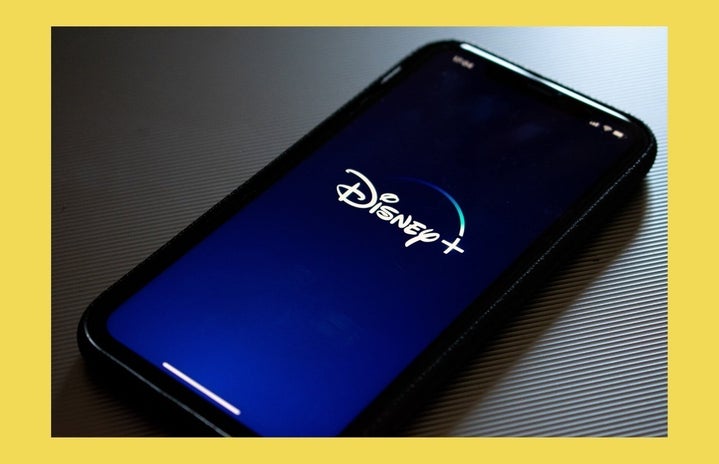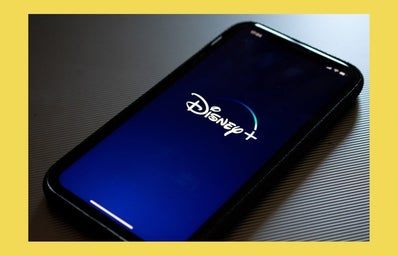The latest addition to Disney live-action movie remakes, Mulan, has human rights activists worldwide calling for a boycott and no, it’s not about paying an extra $30 on Disney+. Statements from 2019 by actress Liu Yifei, who plays the lead character Mulan, has resurfaced of her supporting Hong Kong police against protestors.
What’s happening in Hong Kong?
Since 2019, major protests have broken out in Hong Kong, China. Demonstrators are voicing their concerns against Beijing’s increasing influence over Hong Kong. In 1997, Hong Kong was given back to Beijing after it was released as a British colony. Hong Kong police have been accused of using heavy force on protesters. Interactions with police and protesters have become increasingly violent over the past months of protests. Police have started to use live bullets to control the crowd. Protesters have clashed with police using petrol bombs and projectiles. The activists demand list includes: For the protests not to be characterized as a “riot”, amnesty for arrested protesters, an independent inquiry into alleged police brutality, and implementation of complete universal suffrage.
Additionally, more than 1 million Chinese Uighur Muslims are being detained in the Chinese government “reeducation camps” in the Xinjiang region. CBS News reported instances of torture, sexual abuse, repressive surveillance, forcible eating of pork and drinking of alcohol (which are forbidden for observant Muslims), confiscation of Qurans, and even deaths in the Xinjiang internment camps.
Why it’s relevant to Mulan?
Mulan is based on a Chinese folktale about a woman soldier. The main character fights for her countries values while challenging the status quo. Mulan is a role model for many girls to stand up for themselves. On the Chinese social media site, Weibo, Lie Yifei posted “I also support Hong Kong police. You can beat me up now. What a shame for Hong Kong.” #BoycottMulan was trending on Twitter leading up to the movie’s debut on Disney+ on Sept. 4. Movie watchers also point out the film gives thanks to the Chinese Communist Party Xinjiang Uyghur Autonomous Region Committee in the ending credits.
Should we separate the actor from politics?
Actors have an incredible fan base that reaches a global connection. That being said, actors have to be held accountable for their actions on and off the screen. 2020 has been a defining year of entertainers using their platform for a call to action to their fans. Actors have the right to state how they feel about politics. At the same time, fans have the right to choose what movies they want to endorse based on the actor’s outspoken politics. While Disney did not directly contribute to the protest or reeducation camp, the movie and lead actress used its platform to thank Xinjiang officials.
There are parallels that Americans can draw from the issues in Hong Kong. Activists in both regions are protesting against police brutality, racial injustice, and want a government that works in the best interest of the people. Entertainers have the right to share their honest opinions about their political views. However, like all people, they should be prepared to understand the consequences of voicing their potential controversial statements.



